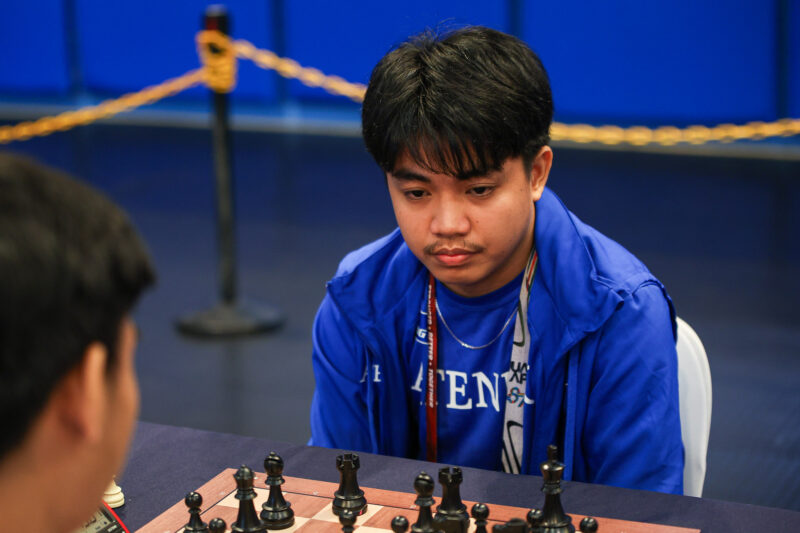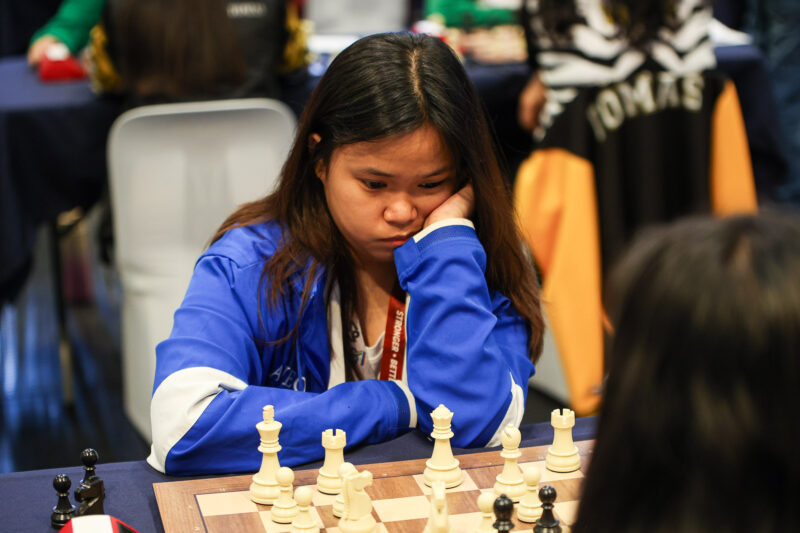INFRASTRUCTURE, HEALTH, education and social aid packages—these are the main points that have been used to justify the allocation of the pork barrel, officially known as the Priority Development Assistance Fund (PDAF). The PDAF directly responds to the needs of congressional district constituents through projects that are not prioritized by national agencies.
Members of Congress submit project proposals to the Department of Budget and Management (DBM), which the DBM may fund by drawing from the PDAF. This year’s PDAF was announced to be P24.89 billion; each senator is entitled P200 M per annum, while each member of the House of Representative can get up to P70 M per annum.
Despite its seemingly good intentions, the pork barrel has earned infamy for purportedly being a source of wealth and power for legislators who take kickbacks from their projects’ private contractors. For this reason, salient points have been raised against its distribution.
A matter of policy implementation
Commission on Audit (COA) Commissioner Heidi Mendoza voices out her opinion from Switzerland, where she is on an official business trip as of press time. Mendoza thinks legislators should have their pork barrels. “Eliminating pork barrel will not eliminate corruption,” she says in an email interview with The GUIDON.
“What is needed is a more judicious use of PDAF and transparent and timely reporting on the use of PDAF. The PDAF can be a potential tool to eliminate poverty if the funds are well-allocated and well-spent,” she adds.
Mendoza, having served for over twenty years under COA, admits to the government’s lack of strong political will in implementing policies. She says, “We need to manage the gap between policies and actual execution. The common picture is that there are good policies but the implementation is always lacking.”
However, she also says that citizens have a role to play in overhauling an underperforming government. “Monitoring critical government operation by the citizens is significant if we are to overhaul its performance,” she says.
Faults in the system
For Sanggunian Finance Officer Billie Dumaliang, it is not so much that the PDAF system is faulty, but that it is rather unnecessary for congressmen. “The congressmen disburse [the money] themselves and for me it’s not their duty. It’s the executive’s duty,” says Dumaliang.
What they are supposed to do instead, according to her, is to “focus more on making policies and pushing for relevant bills of the time.”
Political science instructor Rene Raymond Rañeses, who’s also against the pork barrel, says, “It allows the politicians to make government projects look like favors given by themselves to the constituents, rather than by the state.”
He encourages people to reflect on the current discourse on corruption to find ways to solve our structural problems. For one, he is convinced that the state can actually do away with congressmen, claiming, “Once you have a bureaucracy that’s competent and empowered, they can very much address the needs of the constituents of these congressmen.”
Rolling out the Sanggunian budget
In the Loyola Schools, students may find their needs funded by the Sanggunian.
Contrary to the opinion that decreasing the Sanggunian budget would increase funds for student organizations, Dumaliang says that these two are actually not mutually exclusive. “Today, almost 60% of Sanggunian’s budget is allocated for direct grant initiatives, and this money can be given to orgs.”
Moreover, Dumaliang asserts that Sanggunian’s market is the Ateneo student body at large. “Students, accredited or not, may request for a Sanggu grant and subsidy for their thesis, research, conferences and projects.” She further says that they have streamlined the application process and will be promoting it extensively.
Whether within the Sanggunian or on the national level, budget matters have led to serious debate. While the pork barrel is accordingly meant to enable legislators to serve the people, it has remained to be a politics of, in Harold Lasswell’s definition, who gets what, when and how.



